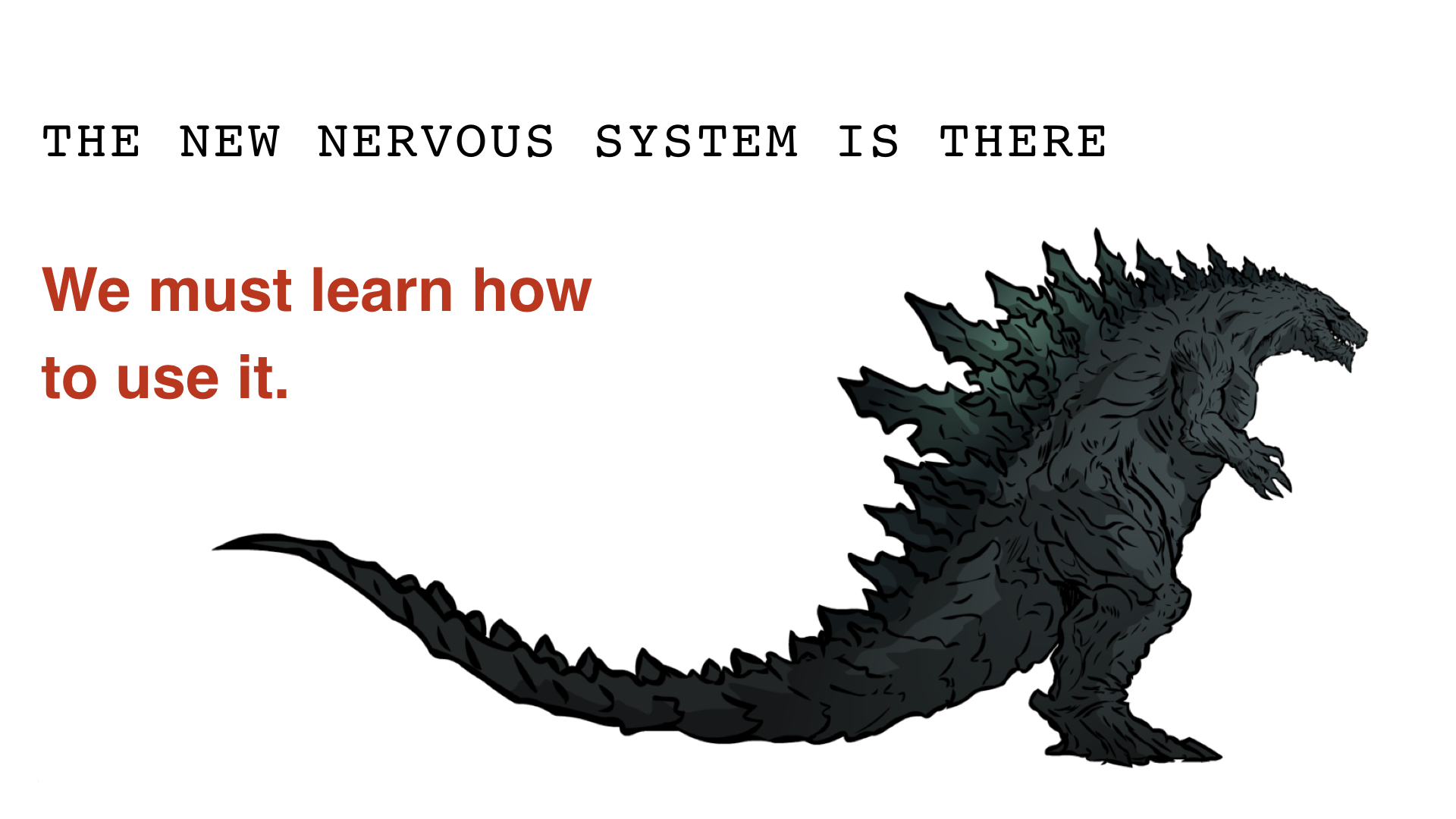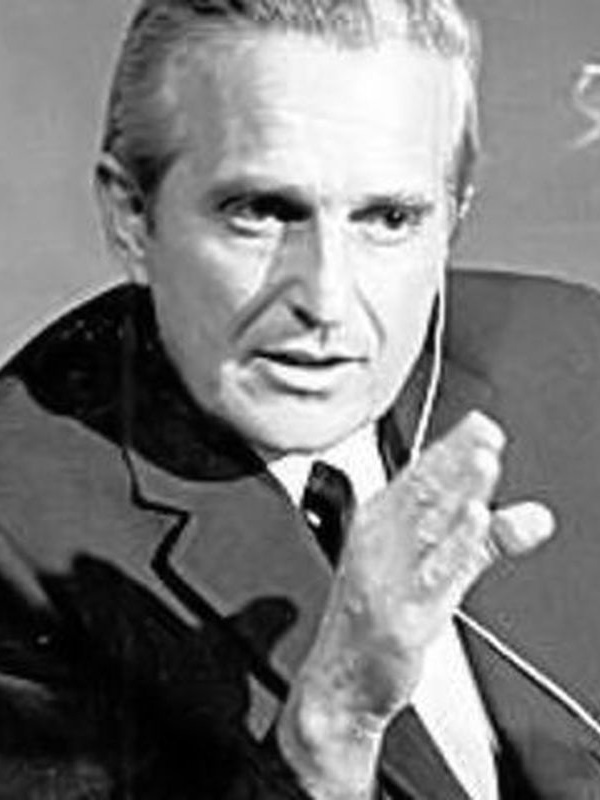Holotopia: Collective Mind
H O L O T O P I A P R O T O T Y P E
Collective Mind
Pitch
The Internet, the interactive media technology... Isn't that's the most modern part of our civilization? Isn't that what we are most proud of? We are not comparing that with a pair of handles?
Scope
What is at issue here is the way in which all that fancy technology has been used. More precisely—the very principle of operation of our 'collective minds', which this technology has enabled us to create, by connecting us together in a new way. Is it still using 'fire' (the way of functioning that the printing press as technology made possible); or does it take due advantage of the specific advantages that the new technology has to offer?
In essence, the network-interconnected interactive digital media have connected us all together in a similar way as the nervous system connects together the cells in an organism. We look at the process which we use, as cells, to process the knowledge together. How does our collective mind work?
Insight
 Our civilization is like an overgrown organism, so poorly coordinated that it presents a danger to its environment, and to itself. It has recently acquired a nervous system, which could help its organs coordinate their action; but its cells have not yet learned how to use it.
Our civilization is like an overgrown organism, so poorly coordinated that it presents a danger to its environment, and to itself. It has recently acquired a nervous system, which could help its organs coordinate their action; but its cells have not yet learned how to use it.
Without thinking, we've adopted broadcasting (which suited the old technology) to be the way. But broadcasting leads to collective insanity—not to collective intelligence, as it was intended.
Federating the collective mind
Stories
V. Bush – Engelbart
The network-interconnected interactive digital media technology, which is in common use today, was created to serve as a collective mind of a new kind—and provide us with the collective capabilities we are now lacking, to be able to tackle our increasingly complex and urgent problems.
We used this technology to only broadcast information!
Actions
Adding bootstrapping to the repertoire of academia
That's the essence of what Engelbart was asking for, of his call to action.
That's of course also what our proposal, to institutionalize and develop knowledge federation as an academic field is about.
Our prototype shows how.
Creating knowledge-work systems that federate knowledge
Our prototypes show how.

